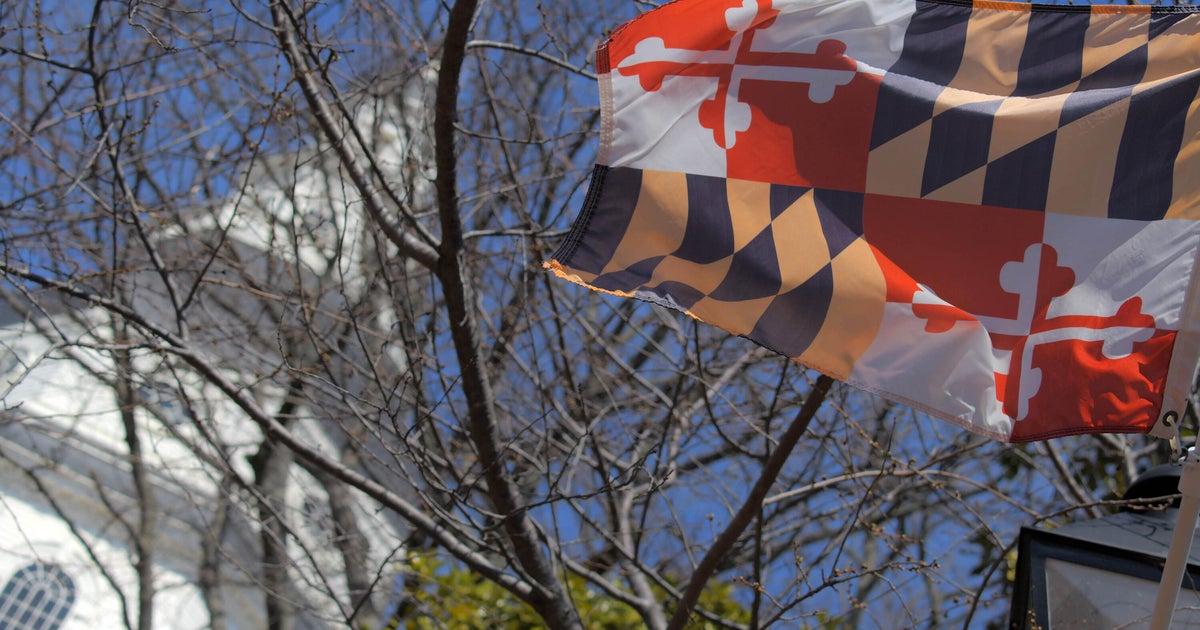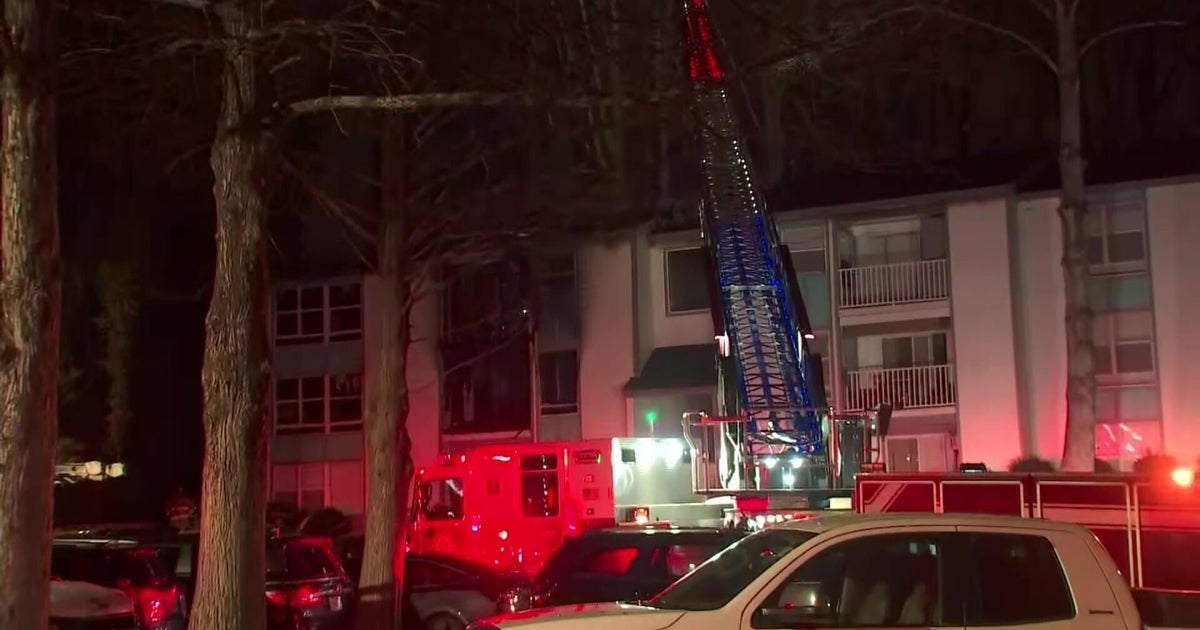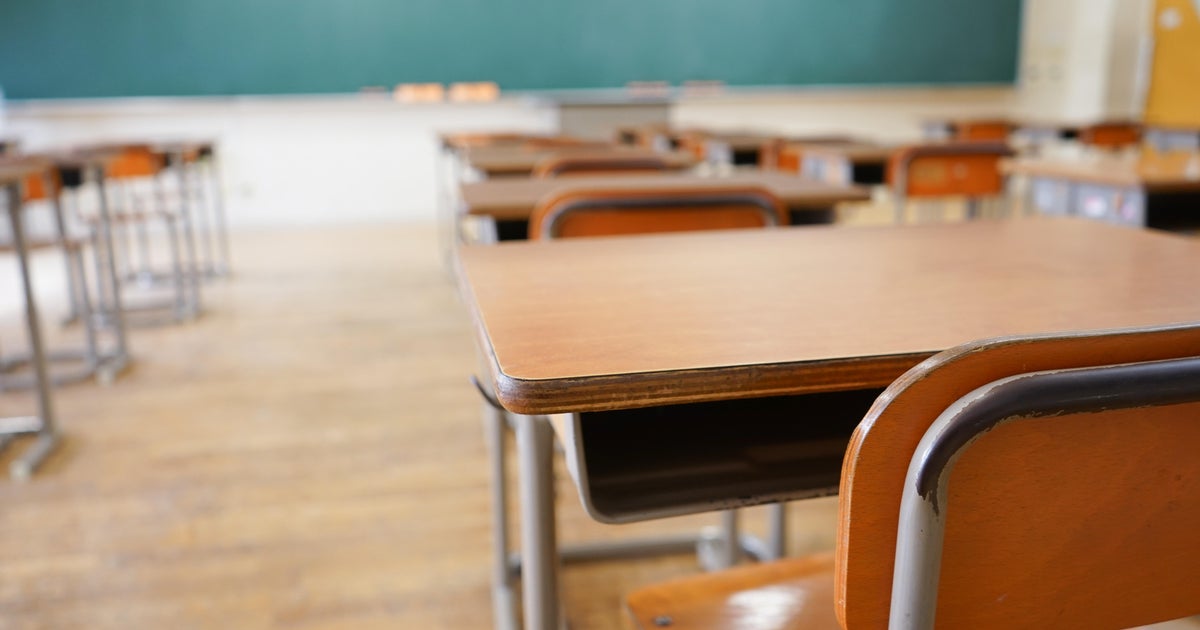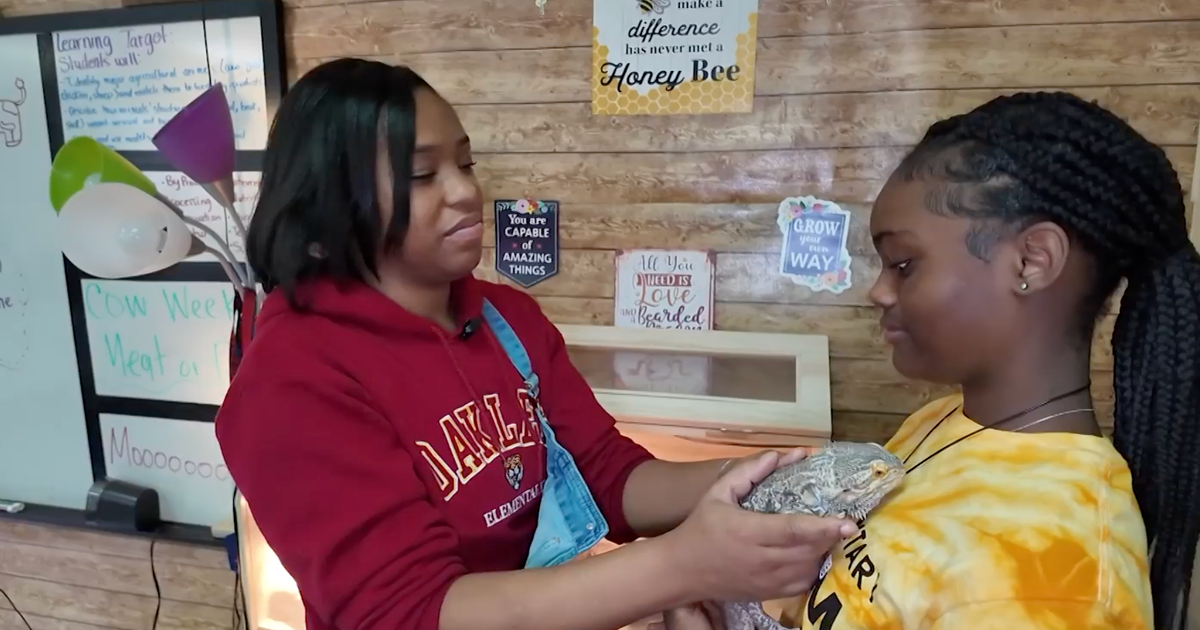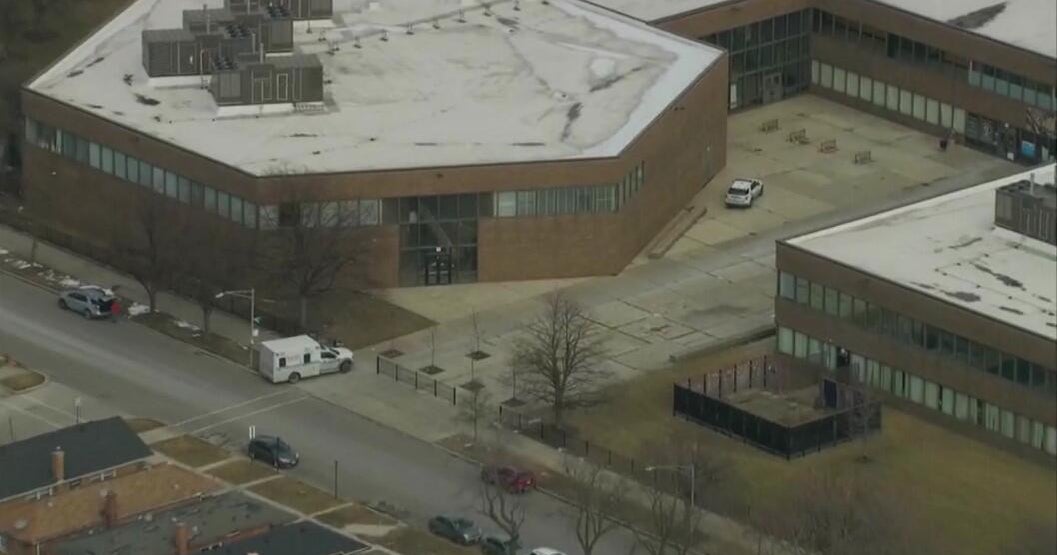Coronavirus Impact: Florida Attorney General Ashley Moody's Office Offers Recommendations Against Zoombombing
MIAMI (CBSMiami) - The office of Florida Attorney General Ashley Moody is recommending measures to increase privacy during Zoom meetings to guard against 'Zoombombing.'
Zoombombing refers to hackers hijacking internet video conferences.
Hackers often present inappropriate and offensive material to disrupt conferences.
South Florida students have already become victims of Zoom hackers.
Recently, a Zoom video call between a Coral Reef Senior High School teacher and students in Miami-Dade County was interrupted. During the conference, about a dozen people wearing masks joined the class and started blaring music, shouted profanities and showed pornographic images. The teacher immediately ended the call.
Attorney General Ashley Moody said, "To practice social distancing while we continue to operate, my staff and I, like so many other agencies and businesses, are using technology to hold important meetings. My son, just like most students in Florida, is also participating in Zoom virtual learning with his teachers and classmates. So, I want Floridians to be aware that these meetings can be hijacked by hackers, but thankfully, there are some steps you can take to increase privacy and prevent Zoombombing."
To increase privacy and guard against Zoombombing, Moody recommends the following:
• Create separate passwords for each virtual meeting;
• Establish a Zoom waiting room for meeting participants;
• Lock down the meeting once everyone invited to attend has joined; and
• Do not publicly post meeting links on social media or any other public forum.
You can also enable the extra level of security features by clicking on the settings menu, scrolling down to "screen sharing," finding "who can share?" Then clicking on "host only."
The Florida Attorney General's Office says they have reached out to Zoom to learn more about its encryption efforts and other proactive steps the company is taking to better protect its users.
Zoom said in a statement that "it takes its users' privacy, security, and trust extremely seriously," adding, "During the COVID-19 pandemic, we are working around-the-clock to ensure that hospitals, universities, schools, and other businesses across the world can stay connected and operational."
The FBI has also issued a warning against "Zoom-bombing," where hackers or trolls hijack a public video call. The agency cited examples of users entering meetings or virtual classrooms to shout profanities and share pornography.
The FBI urged victims of "teleconference hijacking" to report any incidents to the agency.
Anyone who believes they are the victim of hacking or a COVID-19 related scam should contact the Florida Attorney General's Office at 1(866) 9NO-SCAM or MyFloridaLegal.com.
RELATED:
Current Curfews In South Florida
Drive-Through Testing Locations
Track The Spread Of The Coronavirus In Real Time
Tips To Protect Your Vehicle While It Sits Unused During Coronavirus Stay-At-Home Order
coronavirus

